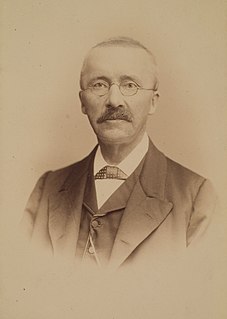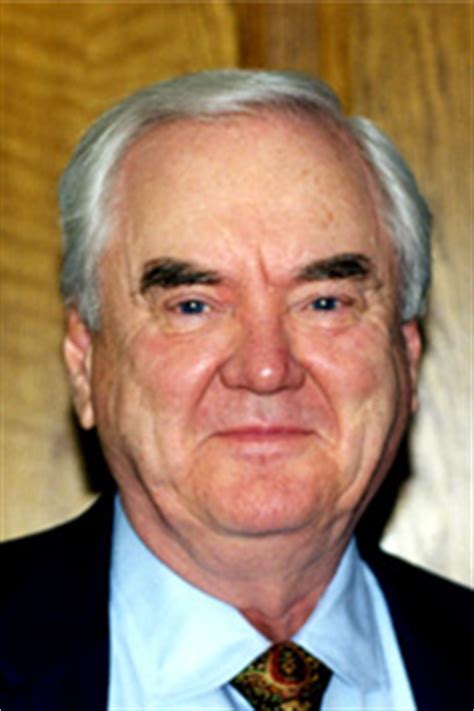Top 1200 Historical Context Quotes & Sayings - Page 3
Explore popular Historical Context quotes.
Last updated on April 20, 2025.
There are some ideas that will translate from Iraq to Afghanistan and there are many that will not. The first lesson of counterinsurgency, in fact, is that every situation is truly unique, has its own context, its own specific set of factors - and you have to understand that context in enormous detail to be able to craft a sound and comprehensive approach.
When you ask why did some particular question occur to a scientist or philosopher for the first time, or why did this particular approach seem natural, then your questions concern the context of discovery. When you ask whether the argument the philosopher puts forth to answer that question is sound, or whether the evidence justifies the scientific theory proposed, then you've entered the context of justification. Considerations of history, sociology, anthropology, and psychology are relevant to the context of discovery, but not to justification.
My father's from Pakistan and he has been a secularist all his life. In the Pakistani context, there's no messing with religion. There's been a battle for the soul of Pakistan since 1947 and I have grown up without any illusions about the dangers of religious power in the context of a country like Pakistan.
I think character is very much a product of where you live, who you are, what is happening in that time of your life, and I'm interested in those pressures, those forces. A political context, a social context, really determines if not who people are then how they treat one another and what they say, how they speak.
My obsessions stay the same - historical memory and historical erasure. I am particularly interested in the Americas and how a history that is rooted in colonialism, the language and iconography of empire, disenfranchisement, the enslavement of peoples, and the way that people were sectioned off because of blood.
For we cannot adequately understand 'man' as an isolated biological creature, as a bundle of reflexes or a set of instincts, as an 'intelligible field' or a system in and of itself. Whatever else he may be, man is a social and an historical actor who must be understood, if at all, in close and intricate interplay with social and historical structures
Our teaching of mathematics revolves around a fundamental conflict. Rightly or wrongly, students are required to master a series of mathematical concepts and techniques, and anything that might divert them from doing so is deemed unnecessary. Putting mathematics into its cultural context, explaining what is has done for humanity, telling the story of its historical development, or pointing out the wealth of unsolved problems or even the existence of topics that do not make it into school textbooks leaves less time to prepare for the exam. So most of these things aren't discussed.
NEU!'s music will always ("für immer") be a part of me and I absolutely stand to what we've created. Of course I have changed since and I judge my contributions to NEU!'s music of the 70's in a historical context. They were both a description of my feelings back then as well as an expression of my musical abilities and limitations. It would be a mistake to ignore the time factor and it would be an artistic shortcoming to pick up on the old concept without doing any changes. There is no way this is going to happen anyway.
There isn't any one material that's mine. It all depends on the context. For example, I did a house that had the most exquisite marble applications. That sounds ostentatious, but it wasn't, given the context. The color white I subscribe to extensively. I love thinking about color, but I often go with white.
If you write a post and put it on a blog, that's a historical document. If you change your template, then that entry looks completely different. It's the same words, but not the same meaning. This all depends on what historical questions that people will be asking and we can't know what they will want.
I'm not entirely sure what a historical novel absolutely has to be, but you don't want a reader who loves a very traditional historical novel to go in with the expectation that this is going to deliver the same kind of reading experience. I think what's contemporary about my book has something to do with how condensed things are.
I think you can talk about anything if the context is correctly arranged. If you set up the context and you bring the audience along carefully enough with you, you can get them to cross the line with you. What I try to do is talk about things that bother me, and I hope that in doing so I bother other people.
I like the boundaryless potential you get when you make work for a context that is open to interpretation. Thinking about an art context is too claustrophobic, though. I always hope that at least half my audience is not directly related to the art world. I use art as a balancing act. It's a good way of avoiding everyday chores and social obligations.
[Sacrifice of Isaac] is a major theme of the so-called Elohist [one authorial strand in the Pentateuch]. It is marked by all of his linguistic characteristics, and so on. We cannot determine what is historical and what isn't. As literary critics, we would understand the importance of this for understanding life, destiny. But the historical question must be left with a question mark.
Communism is Utopia, that is nowhere. It is the avatar of all our religious eschatologies: the coming of the Messiah, the second coming of Christ, nirvana. It is not a historical prospect, but a current mythology. Socialism, by contrast, is a realizable historical system which may one day be instituted in the world.
We probably have, right now, after the Civil Rights movement - and this was very unfortunate - the most glaring time of giving up on Africa, saying we're Americans. We are Americans. I'm not arguing that point. So are the Italians. So are the Germans. So are the Jews. We're Americans with an historical geography of origins outside of the United States as all people, maybe except the indigenous Americans who came here so long ago, who have generations of people whose historical origins are right here but whose initial historical origins are somewhere in Asia.
In my theater pieces, I would do "Tits on the Head" - Polaroid photos for $10 on the stage. There would be a line of folks paying me $10 for their turn. It was public prostitution. I turned my whole audience into johns. But because it was in a theater context, an art context, it was socially acceptable.
We're an industry obsessed with the storytelling side of things, the content. And then we got obsessed with the canvas. Is it going to be on television? Is it print? And now the canvas is mobile. But what we really need to think about is the context. The context is where and when the person is consuming it - location, time of day.
























































